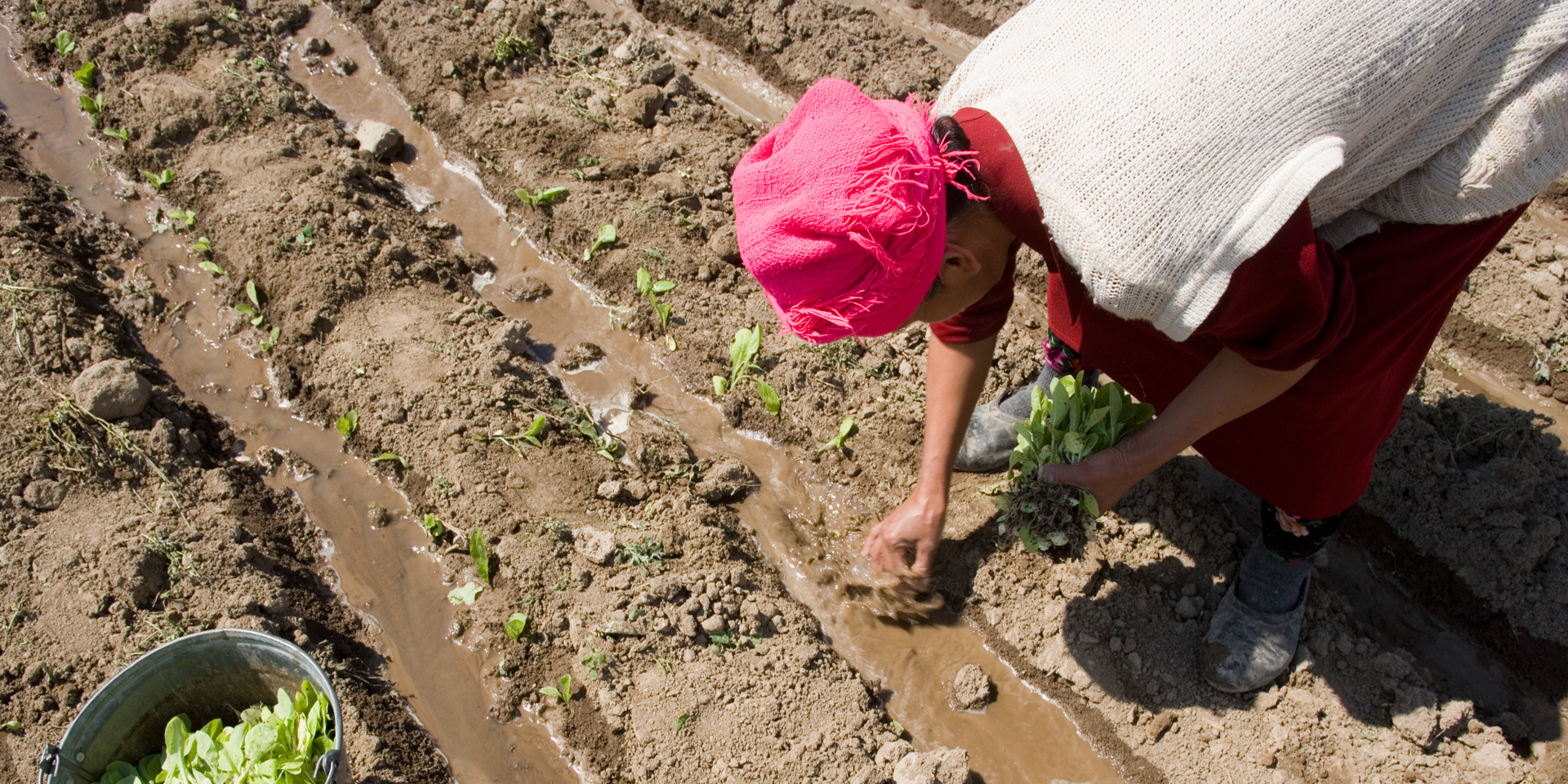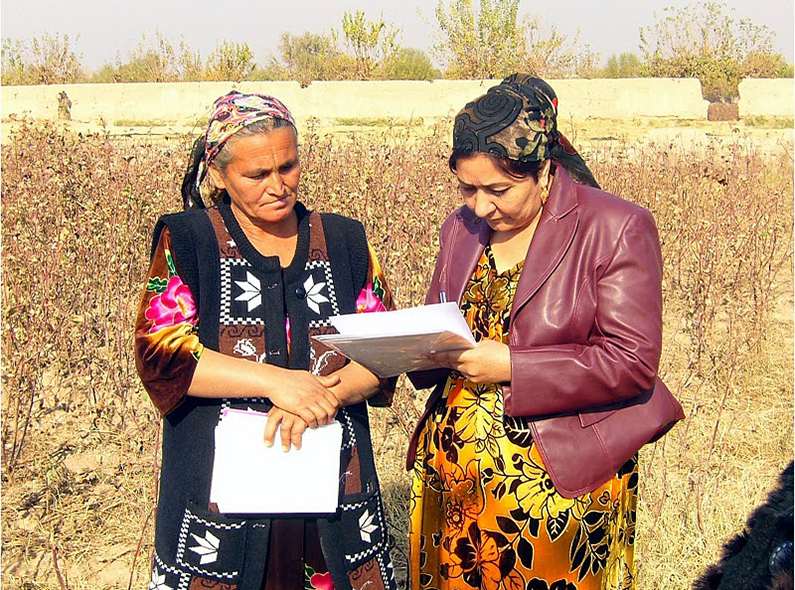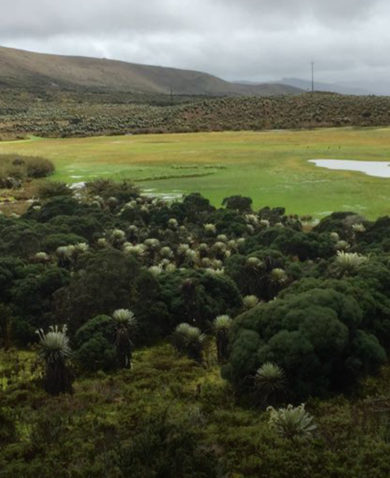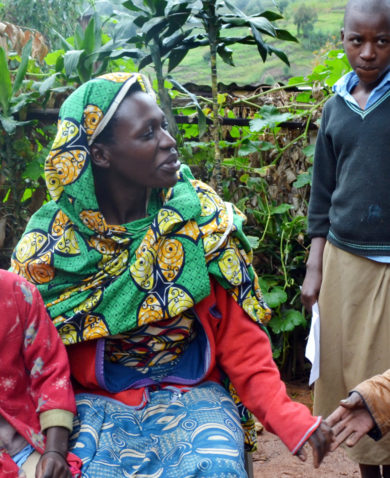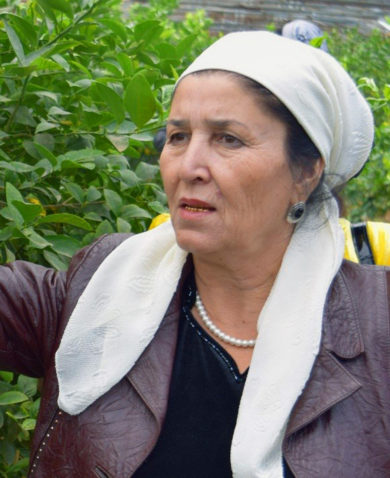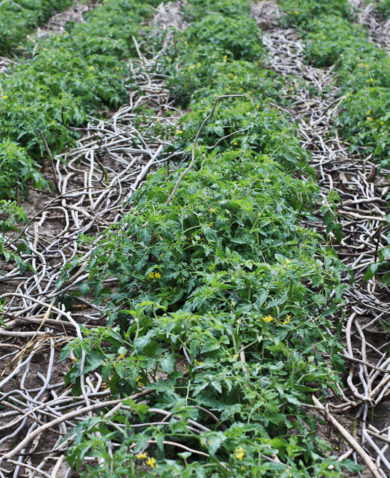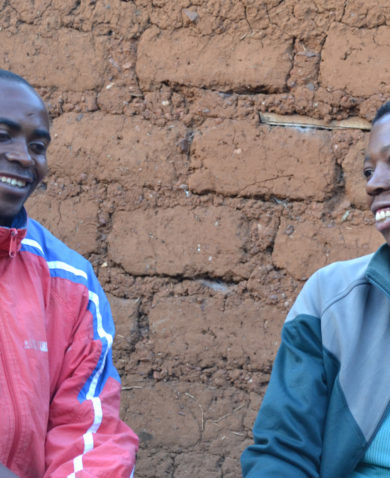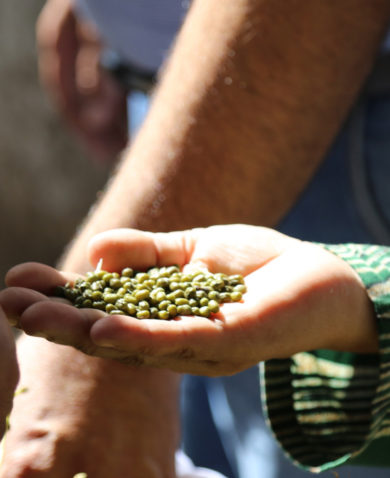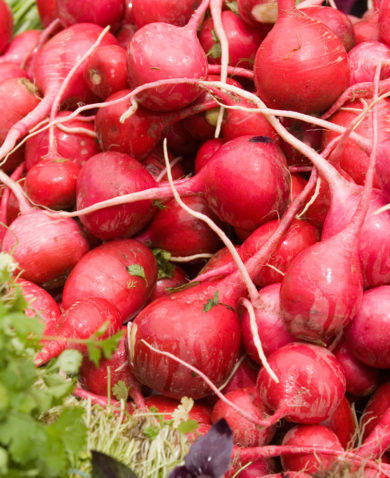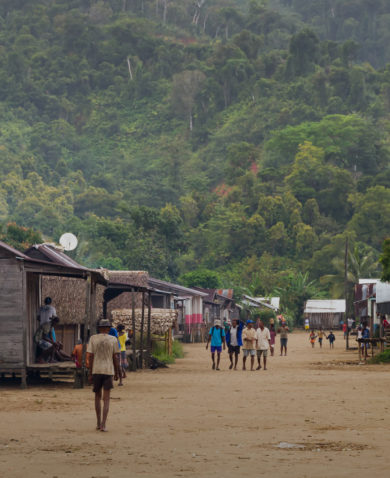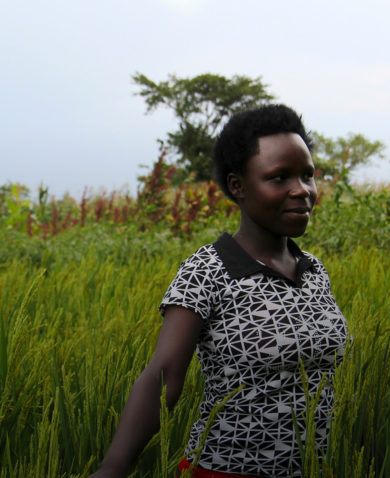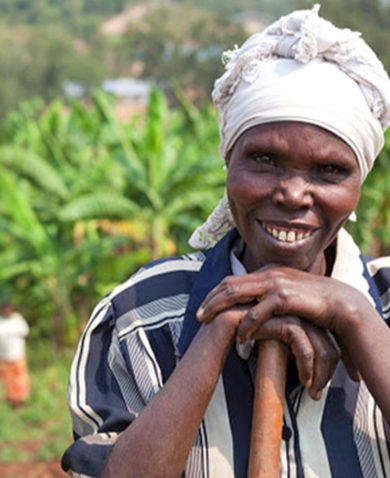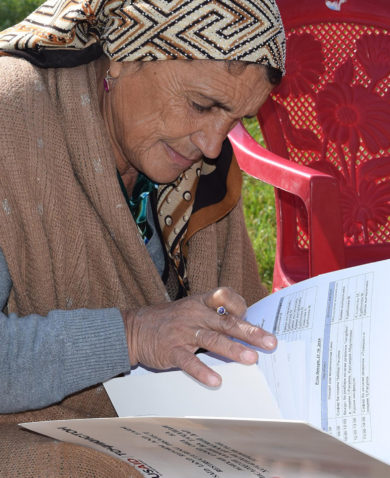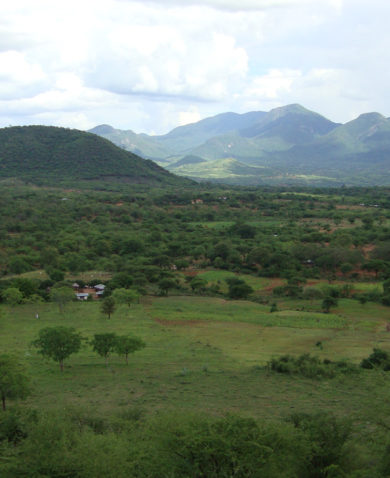The turning point came for Bibirajab when she participated in a USAID-funded study tour, organized by Chemonics’ Land Reform and Farm Restructuring Project. The tour, which took place in October 2014, sponsored 24 female farmers from Bibirajab’s impoverished Khatlon province to visit the Sughd region, where farm restructuring has been more successful. During the tour, the women visited a World Bank project to learn about the documentation process to create their own farms, and were introduced to new farming equipment. They also talked with local women about how to overcome barriers that many female farm owners face in Tajikistan, related to taxation, water supply, export production, and communicating with local authorities.
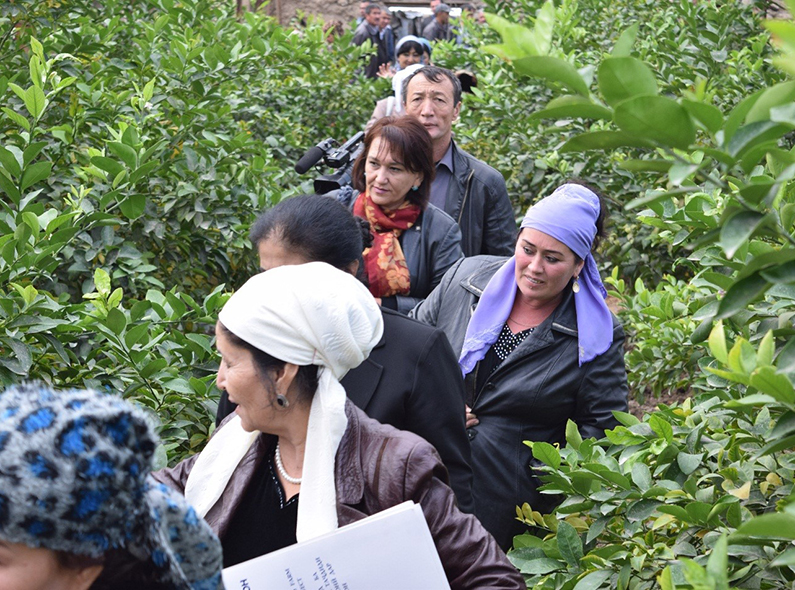
“During the tour, I met with the women activists who run their own farms, which made me realize how important it is to know and use my land rights to be able to defend them,” Bibirajab said.

